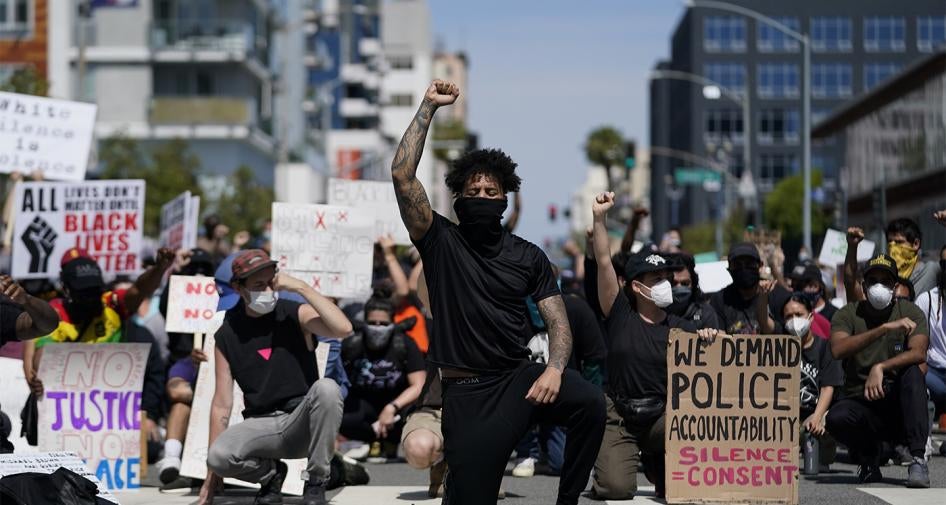The United Nations Human Rights Council recently adopted a milestone UN resolution to create an independent mechanism, made up of three experts, to investigate the root causes of systemic racism and police violence.
Brought forward by the Group of African States, the adopted resolution confronts the legacies of colonialism, enslavement, and the transatlantic trade of enslaved Africans.
The independent experts are responsible for examining systemic racism, in particular in law enforcement, as well as government responses to peaceful anti-racism protests, discriminatory policing, and other human rights violations against Africans and people of African descent around the globe.
The resolution featured firm language around the legacy of colonialism, despite pressure from a number of Western countries, particularly the United Kingdom and European Union. These same governments successfully pushed to remove from the final text a mention of the need to investigate systemic racism in law enforcement in the United States.
However, the resolution notably included references to the May 2020 killing of George Floyd in the US, which sparked global protests. It also retained some focus on racially discriminatory US human rights violations.
The investigations pursued by the new expert group should spur accountability and create pressure for the implementation of racial justice measures in health, housing, employment, and education, as well as tailored reparations for victims.
These advances at the UN follow months of coordinated advocacy from a broad coalition of rights groups, including Human Rights Watch. In advance of July’s UN session, Human Rights Watch urged UN countries to adopt such a resolution.
Human Rights Watch has long advocated for the development of reparations plans to account for the cruelty of slavery and subsequent harms. In May 2020 Human Rights Watch released a report documenting the lasting impact of the 1921 Tulsa Race Massacre in the US state of Oklahoma, as well as the need for a federal commission to study and develop reparation proposals for African Americans.
The adoption of this resolution and its creation of an independent investigative group are positive steps, and countries should support the UN in investigating racial discrimination. For example, the Biden administration in the US invited the UN special rapporteurs on contemporary forms of racism and on minority issues to visit the US and to engage with the new three-member expert group.
Human Rights Watch will use the UN resolution to hold governments to account for their past and present abuses in order to pave the way for a racially just future. It’s time for governments to commit to dismantling systemic racism and advancing racial justice.









